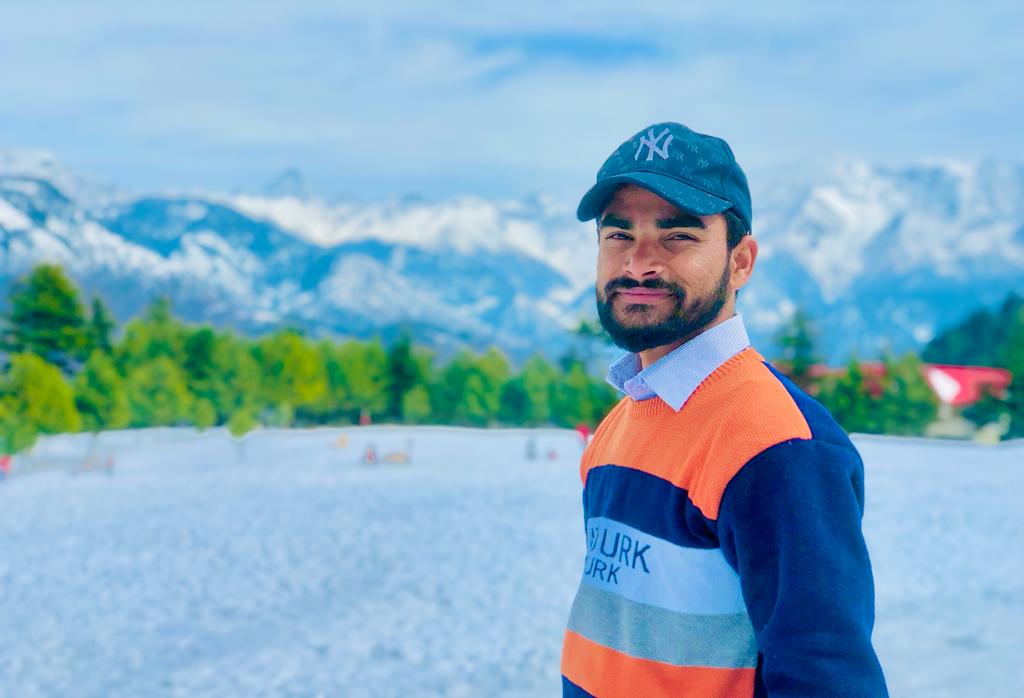Last Updated on January 25, 2024
Rearing some unique and impressive chicken breeds in your flock is an amazing experience. The Lushi chicken breed first originated in china and is considered a small chicken breed. Their uniqueness resides in their multi-colored plumage and blue to pink color eggs.
Isn’t it amazing to have blue or pink eggs ready for the Easter event? Lushi chickens can make excellent pets and their eggs can be a great basket decoration item. In my opinion, there is still very little knowledge about Lushi chickens thus making them a mysterious breed.
Lushi chickens are kept in the backyard and small poultry flocks as a dual-purpose breed. The breed first appeared in china just like Dongxiang chickens. If you are interested in housing small, lean and beautiful chickens, Lushi is your go-to option.
The poultry industry in the US is going off the charts in terms of chicken population and processing. According to a 2022 survey, the chicken population exceeds 518 million in the US. The value per head of chickens in the US is recorded to be 4.3 USD in 2018.
Let’s dive into the complete know-how about why Lushi chickens are a lucrative breed. Apart from that, I’m going to address how you can make this breed your new flock member to get blue and pink eggs.
Table of Contents
TogglePhysical Features of Lushi Chickens
First came into existence in china, this chicken breed is getting popular in the US nowadays. Although not very much information is available, we do get to see the highlights of its characteristics.
Lushi chickens are among the small chicken breeds you can put in your backyard. They have beautiful multi-colored plumage. This breed is not yet recognized by the American Poultry Association and currently, no standards are developed.
The Lushi chicken breed has a single-type comb. Their comb is smaller and less hanging than other chicken breeds. This rare breed has dark and colorful plumage containing many colors. The females have a leaner and thinner appearance than male Lushi chickens.
The average body weight of Lushi hens is recorded to be around 3 pounds. Hens don’t contain a prominent comb and wattles. Additionally, they have lean bodies and look smaller than males. The roosters, on the other hand, are more colorful and are of a bigger size.
The weight of an adult Lushi rooster is found to be around 4 pounds. Lushi roosters have a prominent and beautiful pink single-type comb. Both hens and roosters don’t contain any feathers extending to their feet.

Personality & Temperament of Lushi Chickens
Lushi chickens are highly adaptable to new environments. As a veterinarian, I recommend you choose this breed if you want robustness and productive performance at the same time. It is a very rare thing to find a chicken breed that can handle rough foods with high adaptability.
In terms of their owner interaction and personality, Lushi chickens deserve a chance. The small size combined with its excellent friendly nature is the special feature of Lushi chickens. Not only their appearance is unique but these chickens love to get heat pats.
Lushi chickens are considered a loving breed if you want to keep them in the backyard. The males and females don’t show any aggressive behaviors. Their docile nature lets them pick up and stay playful throughout their lives.
If you’re concerned about whether this breed can live with other breeds or not, you’re not alone. As a veterinarian, I can assure you that Lushi chickens can be easily kept with other chicken breeds without any problems.
Egg Color & Production
Let’s come to the point of what Lushi chickens are famous for. That’s right! It’s the uniqueness of their eggs. Lushi Chickens lay blue and pink color eggs during their production cycle. This breed is more related to the Easter Egger when it comes to egg colors.
You might be familiar with Ameraucana and Araucana breeds that lay blue eggs. Lushi chickens are known to produce green color eggs in the past. They also contain the autosomal dominant gene known as Oocyan, responsible for giving a blue color tint to egg shells.
Although Lushi chickens lay beautiful eggs, they are not considered a prolific egg-laying breed. The reproductive system of Lushi Chickens is not as active as other layer breeds of chickens. An adult Lushi hen lays around 2 eggs per week during the production phase.
To my calculations, that’s merely 100 eggs per year for this chicken breed. However, these chickens are still kept for their dual-purpose nature. Lushi Chickens can also be a great table chicken breed and you can harvest a handsome amount of tasty meat from them.

How to Care for Lushi Chickens?
If you come to this point, you are surely planning to house Lushi chickens. These chickens demand care nothing extra than in the case of other chicken breeds. The basic need of housing, feeding, and hygiene maintenance will help your chickens to live healthier lives.
In terms of housing, Lushi chickens perform best when kept in a free-range system. As a veterinarian, I advised you to keep them in a semi-free-range system. Chicken coops with a fenced free-ranging area are a good option you can apply in your farm setting.
The feeding of Lushi chickens should be selected based on the stage of the chickens. A well-formulated and processed feed containing a balanced mix of nutrients can do wonders. Poultry experts recommend focusing on the 18% and 16% crude protein ratio for chicks and adults, respectively.
Final Thoughts
The origin of Lushi chickens takes us back to China. Lushi chickens are mostly known for the unique blue and pink color of their eggs. This breed is certainly an astounding addition to your existing chicken flocks.
With that being said, you’re now ready to bring Lushi chickens to your home. Mae is sure to follow the expert-recommended suggestion in terms of rearing and maintenance. Lushi Chickens are docile and they can offer you a little extra than other indigenous chicken breeds.
Research References
Huang, YanKun, et al. “Current situation of Lushi Chicken and countermeasures for breed conservation and exploration.” Guizhou Agricultural Sciences 45.2 (2017): 117-119.
Wang, DanHua, et al. “Eggshell color of Lushi chicken by microsatellite AY493302.” Chinese Journal of Veterinary Science 32.9 (2012): 1374-1377.

I am a Veterinarian by profession having 3 years of experience in raising poultry flocks. So far my number of successful flocks is 9. I am sharing all my experience about poultry farming with you so that you can make this profession your bread and butter. Stay Tuned with my latest post.

